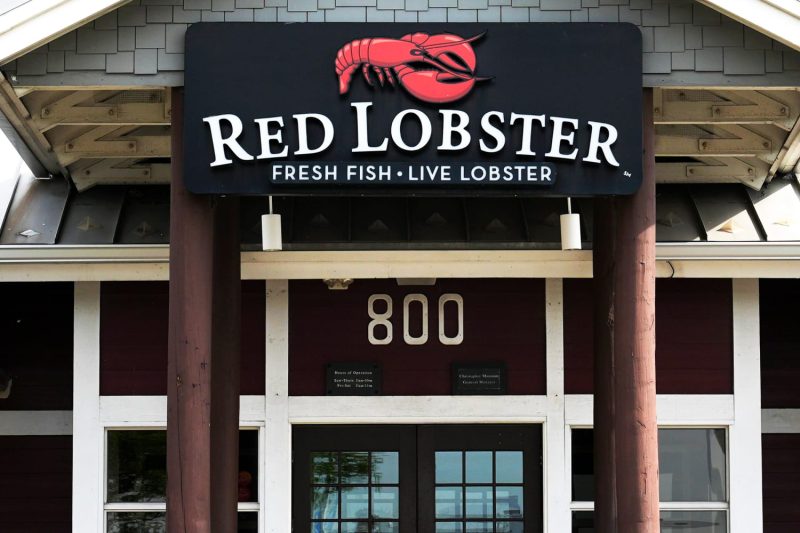While the endless shrimp at Red Lobster may have left customers satisfied, it was the maneuvers of private equity that truly pinched the seafood chain. Back in 2014, Golden Gate Capital, a private equity firm, took Red Lobster off the hands of Darden Restaurants for $2.1 billion. This move was made in an attempt to streamline Darden’s operations and focus on their key brands like Olive Garden, but it marked the beginning of a tumultuous period for Red Lobster.
One major tactic employed by private equity firms like Golden Gate Capital is loading up acquired companies with debt. This was the case with Red Lobster, as Golden Gate Capital saddled the restaurant chain with approximately $1.4 billion in debt. The burden of servicing this debt significantly impeded Red Lobster’s ability to invest in its restaurants, technology, or marketing efforts.
Additionally, private equity firms often prioritize short-term gains over long-term sustainability. In the case of Red Lobster, Golden Gate Capital sought to cut costs and boost profits quickly, rather than focusing on growing the business in a strategic and sustainable manner. This short-sighted approach led to decisions like reducing portion sizes and cutting back on menu offerings, which ultimately alienated some of Red Lobster’s loyal customers.
Furthermore, the shift in focus from customer experience to cost-cutting measures took a toll on the quality of Red Lobster’s food and service. Reports surfaced of declining food quality and customer service standards, leading to a decrease in customer satisfaction and lower foot traffic in Red Lobster locations.
Despite efforts to revamp the brand and introduce new menu items, Red Lobster struggled to regain its footing under the ownership of Golden Gate Capital. In 2021, the seafood chain was sold to a new owner, focusing on revitalizing the brand and restoring Red Lobster to its former glory.
The case of Red Lobster serves as a cautionary tale about the impact of private equity ownership on beloved brands. While private equity firms may bring financial resources and strategic expertise to the table, their focus on short-term gains and cost-cutting measures can sometimes come at the expense of long-term success and sustainability. The story of Red Lobster underscores the importance of balancing financial considerations with the need to invest in quality, customer experience, and innovation to thrive in the competitive restaurant industry.
